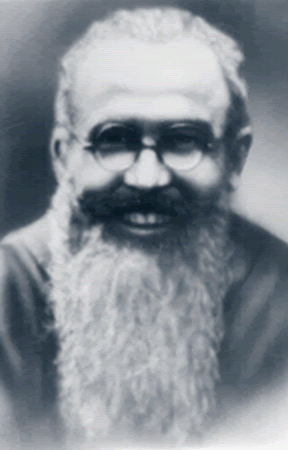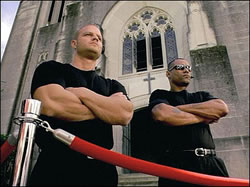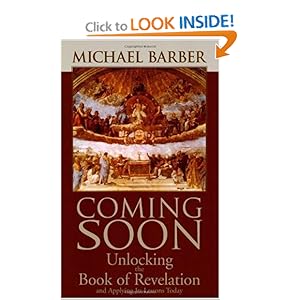Living life like the Max
 Today is the feast day of one of my favourite Saints, the great St. Maximilian Kolbe.
Today is the feast day of one of my favourite Saints, the great St. Maximilian Kolbe.
I’m not really sure why, but I can’t recall hearing stories of the lives of the Saints whilst I was growing up, despite being in Catholic education for most of my schooling. I actually first heard the story of Maximilian Kolbe whilst visiting a Protestant church. For me, this was an often-repeated irony, having actually been introduced as an adult to the Saints by a Baptist Pastor!
When I first heard his story in that Protestant church, Maximilian was quite-rightly held up as a model of Christ-like behaviour. Unfortunately, I also remember it was in a sermon where he was contrasted with another figure who was specifically identified as Catholic, whereas Maximilian’s background was not mentioned.
It was only when I started to read more about him and his story that I discovered that he was not only Catholic, but a priest and at that time, to my horror, someone with a very strong Marian devotion.

 Today I’d like to look at another doctrine that is out there in the Christian world. It is usually called either the doctrine of “Eternal Security” or “Once Saved, Always Saved” (“OSAS”).
Today I’d like to look at another doctrine that is out there in the Christian world. It is usually called either the doctrine of “Eternal Security” or “Once Saved, Always Saved” (“OSAS”).


 I hadn’t planned to write about last weekend’s Gospel reading, but it has kept coming up in conversation and I’ve spoken to some people who have been really troubled by Jesus’ words, perhaps rightly so:
I hadn’t planned to write about last weekend’s Gospel reading, but it has kept coming up in conversation and I’ve spoken to some people who have been really troubled by Jesus’ words, perhaps rightly so: